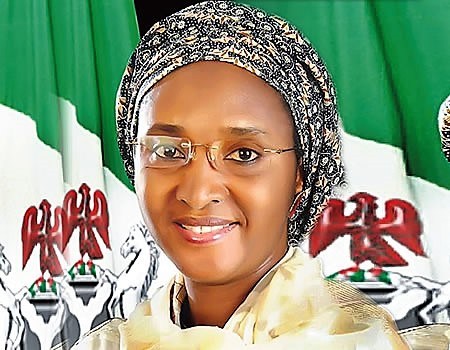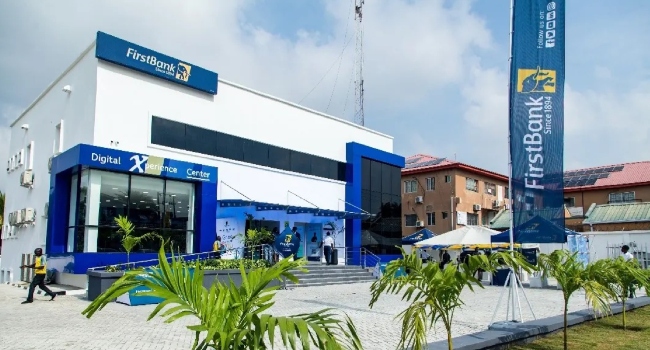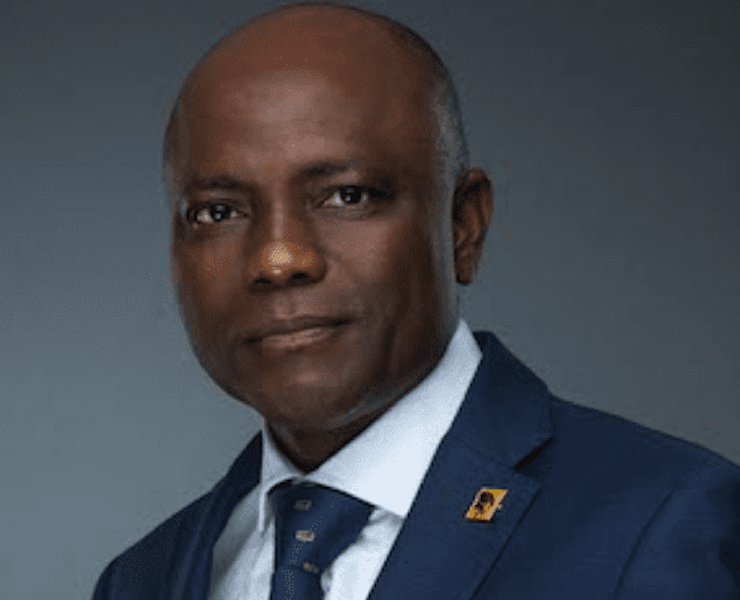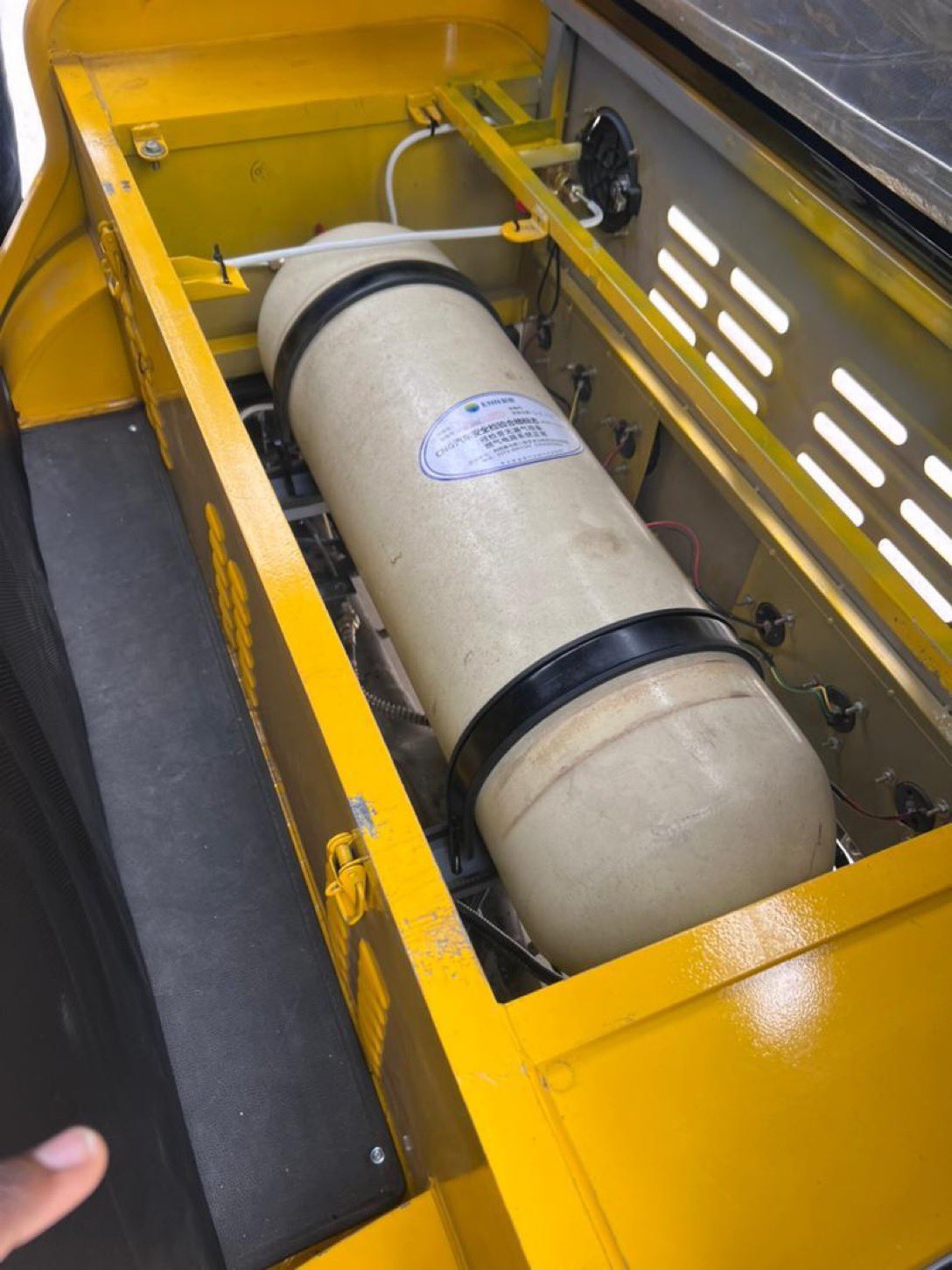Covid-19: Nigeria Slashes Oil Benchmark To $30, Capital Budget By 20%

The Nigerian government on Wednesday announced some significant changes to its 2020 budget as measures to contain the effect of the outbreak of coronavirus on the nation’s economy.
The Minister of Finance, Budget and National Planning, Hajia Zainab Ahmed, said the government will implement a 50 per cent cut in revenue from privatization proceeds.
The government also announced a cut in crude oil benchmark price, down to $30, while crude oil production remains at 2.18m barrels per day as earlier contained in the budget estimates.
The Nigerian government had last year placed its oil benchmark at $57 per barrel in the 2020 budget.
However, following the outbreak of the coronavirus and its attendant effect on falling crude oil prices on the international market, the government announced plans to review the budgetary projections.
Speaking to journalists after the Federal Executive Council meeting presided over by President Muhammadu Buhari in Abuja late Wednesday, Ahmed said the Federal Executive Council approved reductions in capital budget by 20 per cent, and 25 per cent cut in recurrent expenditures.
She said: “I’m pleased to report that just yesterday His Excellency has approved a number of measures for us to implement. These measures include the introduction of PMS price modulation mechanism. The reason being that at the low crude oil price of $30 to $32 per barrel, there’s no underrecovery. The underrecovery is right now zero, in fact, we are at an overrecovery stage, meaning the PMS price will be reduced to reflect the reduced price of the crude oil in the international market.”
NNPC has since announced a reduction in petrol price from N145 per litre to N120.
“Mr President also approved that we should cut down on the size of the federally funded upstream projects of the petroleum sector. The reason being we want to be able to get more revenue, by less reductions from NNPC. The reduction of the crude oil price from the $57 per barrel that we budgeted to $30 means that we are going to get so much less revenue, almost 45% less than we planned and because of that we have to amend a lot of projections in the budget as well as in EMTEF to reflect our current realities,” the minister said.
“The President also agreed that we should do a scenario to reflect what the actual position will be with a $30 crude oil price, that is we were to anticipate what will be the worst case scenario and we’ve worked on that scenario and this scenario necessitates that quite a number of expenditures needed to be cut down, even as we review how we can enhance revenues that are not directly affected by the crude oil price decline.”
The minister explained that the government is also looking at enhancing production to make sure that at the minimum, the 2.18 million barrels that is in the budget as production volume is realised.
She added that the NNPC has directives to that effect.
“We also need to adjust Customs revenue, which has been budgeted for at N1.5 trillion, but we are adjusting it downwards because we anticipate that trade volumes will reduce and once trade volumes reduce, Customs revenue will be significantly impacted as a result.
“We also have approvals to reduce the projected revenue from privatisation proceeds by as much as 50% because, again, with the slow down in economic activities, we are anticipating that the sale of independent power plants might not be fully realized as planned for in the budget.”
On expenditure, she said the president has approved that we should cut down the capital expenditure budgeted by 20 per cent across ministries, departments and agencies and also a 25 per cent cut of all government owned enterprises.
“By this measure, we expect that the operating surpluses that will accrue to the federation will increase because when their operational expenditure reduces, the operating surpluses that they remit to the treasury will also increase significantly,” she said.
According to Ahmed, the government has resolved to stop recruitment, except for essential services such as security and health services.
It has also resolved to restore and comply by the Civil Service Retirement Regulations.
“We’ve been asked also to review the modalities for the implementation of the social investment programme and finally to review the non-essential tax waivers that we are implementing right now to cut down on out tax expenditure so that we can realise more revenue,” the minister added.
“These measures mean that we are going to reengage with the National Assembly and we’ll be doing that shortly, may be from today or tomorrow, to revise the EMTEF as well as to revise the 2020 Budget.”















